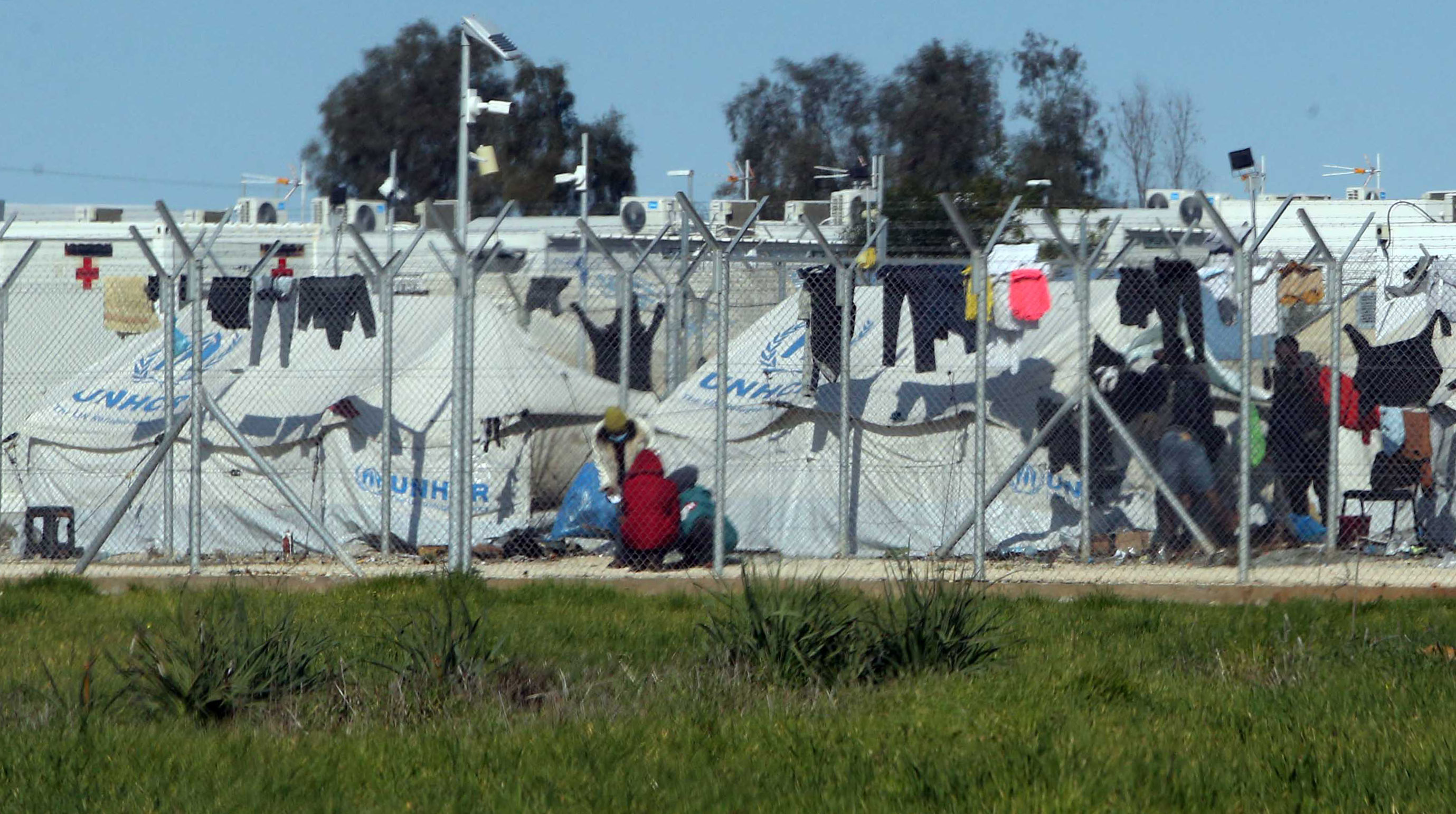Integration of unaccompanied minors seeking asylum is imperative to avoid serious future problems, Director of the Deputy Ministry of Social Welfare, Yiannis Nicolaides said.
Addressing members of the House interior committee on Thursday, Nicolaides said the stakes were high as many minors, despite efforts to reunite them with their families abroad, are likely to remain on the island. If these children are not integrated into society the price to be paid at all levels will be very high, the director said.
Nonetheless, the government is on the verge of concluding an agreement for the repatriation of many minors back to their families, Nicolaides noted.
According to the director, best practices dictate that minors should be re-housed from “Pournara-syle” accommodation or hotels, where they are living in large groups isolated from mainstream society, to accommodation in small private or state-run homes of up to five to ten residents.
These should be in neighbourhoods close to schools, transportation, leisure venues and health services, Nicolaides added.
He emphasised that integration is an EU-wide policy which the government is bound to implement.
Within the framework of the EU recovery and resilience plan, the state is obligated to secure suitable accommodation for minor asylum seekers of which around 1,500 are currently under state care.
Minors are currently housed in a variety of set-ups, from living with relatives in institutions or homes, to “semi-independent” living situations, with foster families, in independent housing provided by NGOs, and in hotels or other state-provided accommodation.
Of these, 196 are staying at the Pournara reception centre from where they will leave soon, Nicolaides said.
Commenting on reports about the building of residences in Geri for the purpose of accommodating large numbers of such children, Nicolaides clarified that the goal is to build pre-emptive capacity to house 150 minors in the event of a serious crisis resulting in mass influx of refugees.
Nicolaides also brought up the creation of a day centre for up to 20 children, able to offer activities such as basketball and futsal. The director clarified that the centre would be open to Cypriot as well as immigrant children, noting that an example of such a facility already exists.
Accommodation for around 450 children is currently being reviewed, for whom around 35 houses are required (some are already operating) and another six to seven are to be added to house an additional 50 to 60 children.
Commissioner for the Protection of Childrens’ rights Despo Michaelidou and representative of the High Commissioner for Refugees Olga Komiti welcomed the actions promoted by ministry.
Chairman of the committee Aristos Damianou however, denounced the creation of structures without integrated planning and consultation with officials of affected municipalities.
He charged that the whole process of securing housing for minors is being embarked on piecemeal, causing local unrest, and said there was no coordination between ministries and services.
The mayors of Latsia and Yermasogeia, where opposition and concern about such facilities was recently voiced, blasted the fact that communities were kept in the dark, with Mayor of Latsia Christos Pittaras saying there would be riots if the government persisted in this tactic.
“We had structures and they did not bother us, but the promotion of structures within the borders of our municipality without consultation [is what] caused reactions [and a] negative, irreversible climate,” Pittaras said.
The mayor said he had been given three days to respond on the matter which was not within his rights to do without input from the municipal council. Around 4,000 residents had subsequently signed a petition expressing disagreement with building facilities for minors in the community.
Yermasogeia Mayor Kyriakos Xidias likewise said that neither information nor deliberation time for the council had been provided for.
“They sent us a one-page letter about such a serious matter with misinformation instead of information,” the mayor said.
The majority of MPs were in favour of the integration of minors, though some felt financial support from the United Nations ought to be sought so that the whole burden does not fall on the state.







Click here to change your cookie preferences